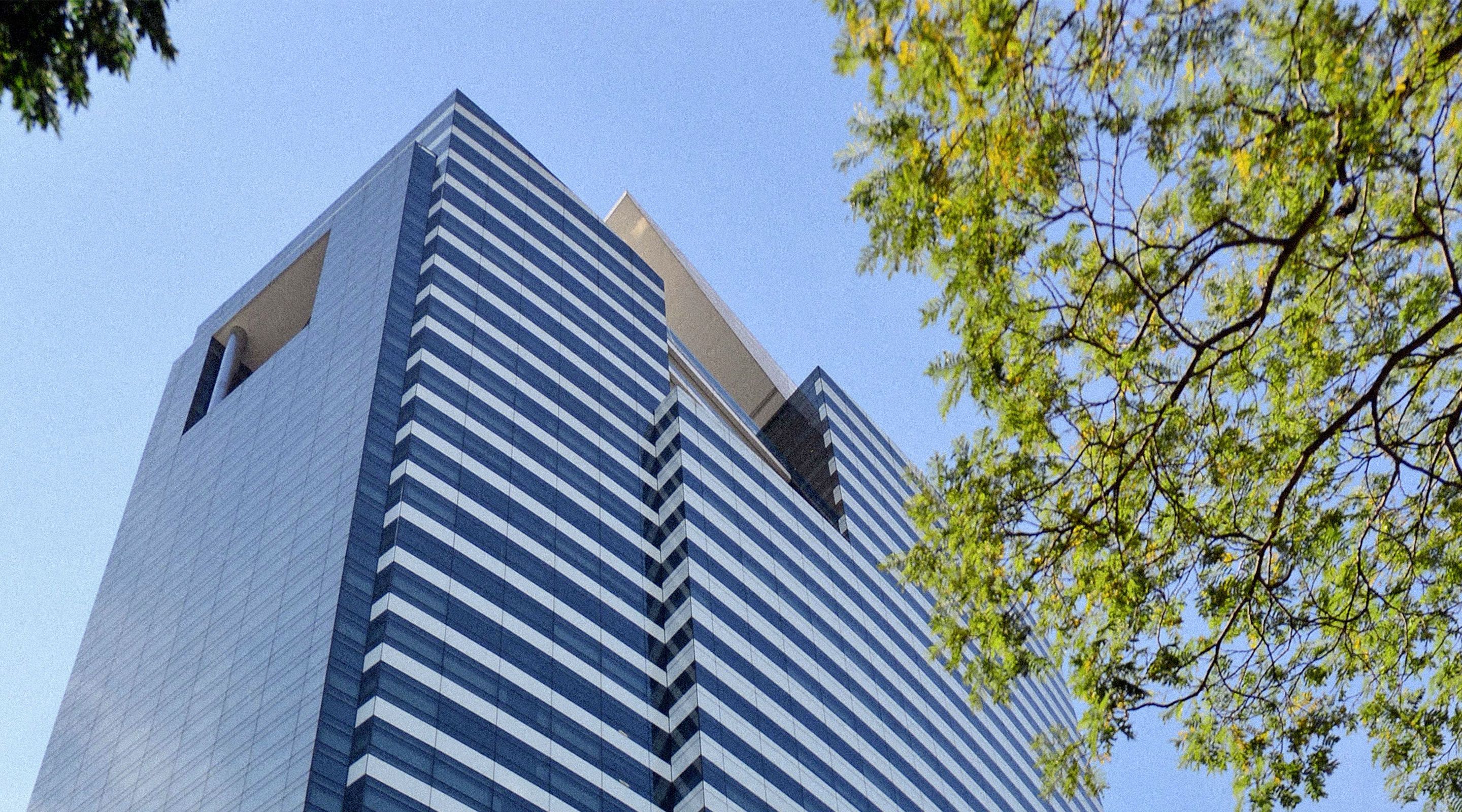
2003
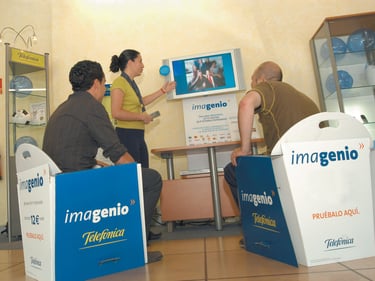
Vivo is born, a company formed by Telefónica Móviles and Portugal Telecom to become the largest mobile operator in Brazil. Meanwhile in Spain, we reach one million ADSL customers: the broadband service over the copper line and the origin of Imagenio, the pioneering solution for television over IP.
Vivo is now a reality
01
After two years of waiting, the partnership formed by Telefónica Móviles and Portugal Telecom in Brazil finally becomes a very promising reality. Vivo is born to become the largest mobile operator in Brazil and the largest in Latin America. Both companies, which had already invested millions of dollars in the country, were thus consolidating their long-term commitment to Brazil with a view to permanence.
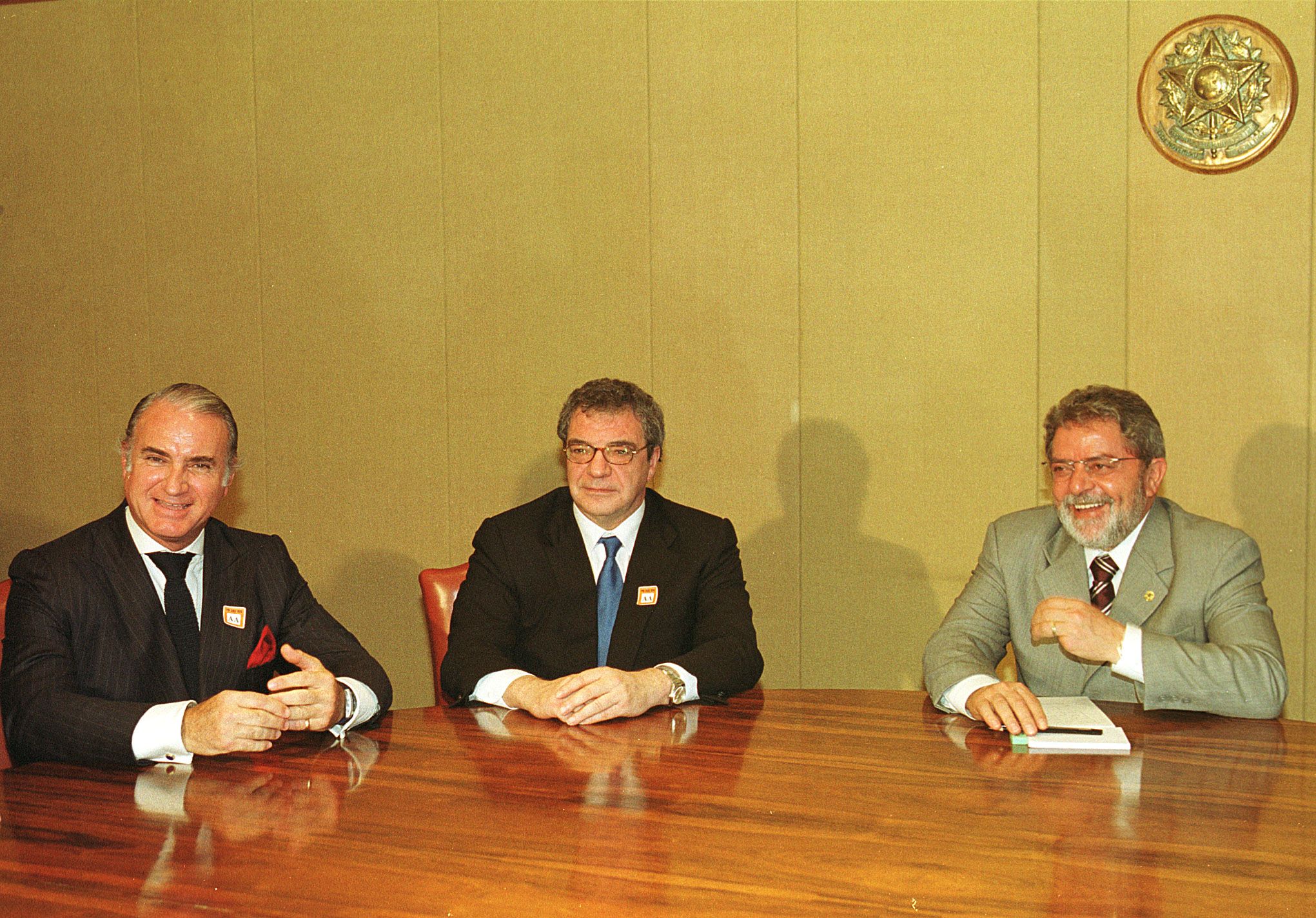
One million ADSL lines
02
The broadband Internet service over the copper line that Telefónica launched in 2001 has, two years later, reached its first million customers. The possibility of providing connectivity at attractive speeds at the time, without interrupting voice traffic and at a flat rate was immediately attractive to all types of customers.
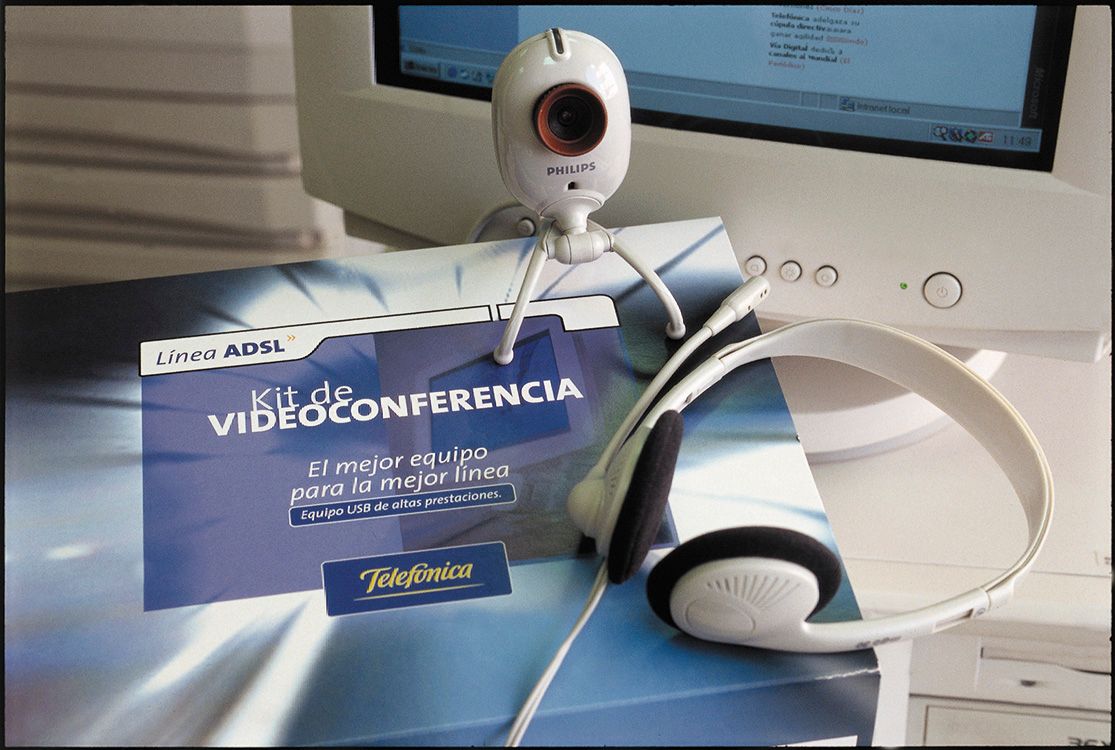
Imagenio is born
03
In 2003 Imagenio is born, the television over IP solution developed internally by Telefónica I+D that made Telefónica a world pioneer. Both technologies, ADSL and IPTV, were exported to the rest of the countries in the world where the company operated, allowing it to get ahead in many of its markets.
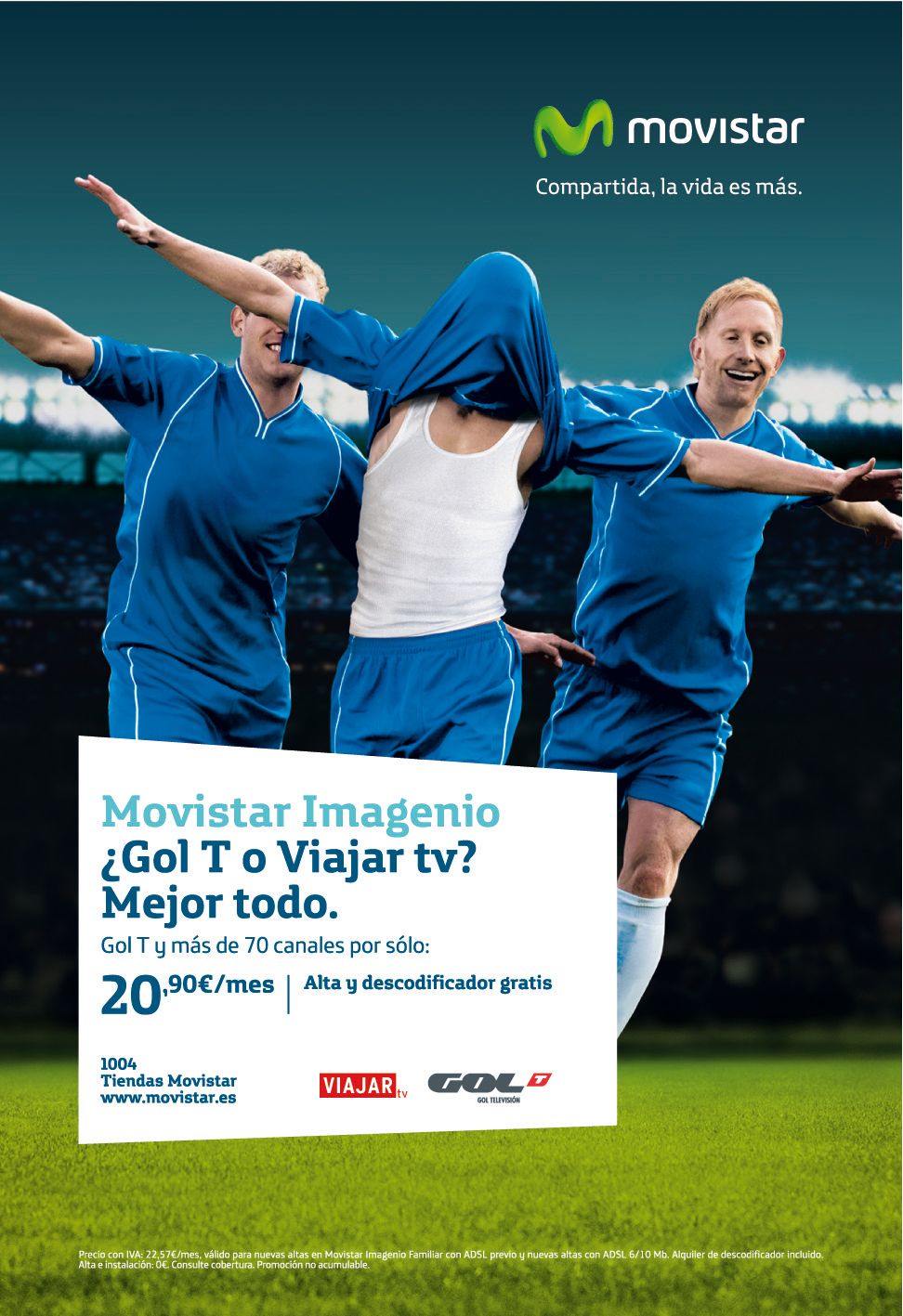
We are blue
04
Telefónica's commitment to sport goes beyond sponsorship. It defines us as a company and has a lot to do with our values of self-improvement and commitment. Motorcycling sponsorship brings Telefónica and Movistar much joy in 2003. Dani Pedrosa, 125cc World Champion, Toni Elías, third in 250cc. And Sete Gibernau, runner-up in MotoGP, took the Movistar blue to podiums all over the world. Being blue said a lot about us, triggered the pride of belonging and made us feel part of something big as reflected in our presence in multiple and diverse sports with sponsorships of great figures in history such as Carlos Sáinz, two-time world rally champion, two-time Spanish champion, three-time Dakar Rally champion and Princess of Asturias Award for sports, or tennis player Juan Carlos Ferrero, number 1 in the ATP ranking and champion of Roland Garros in 2003.
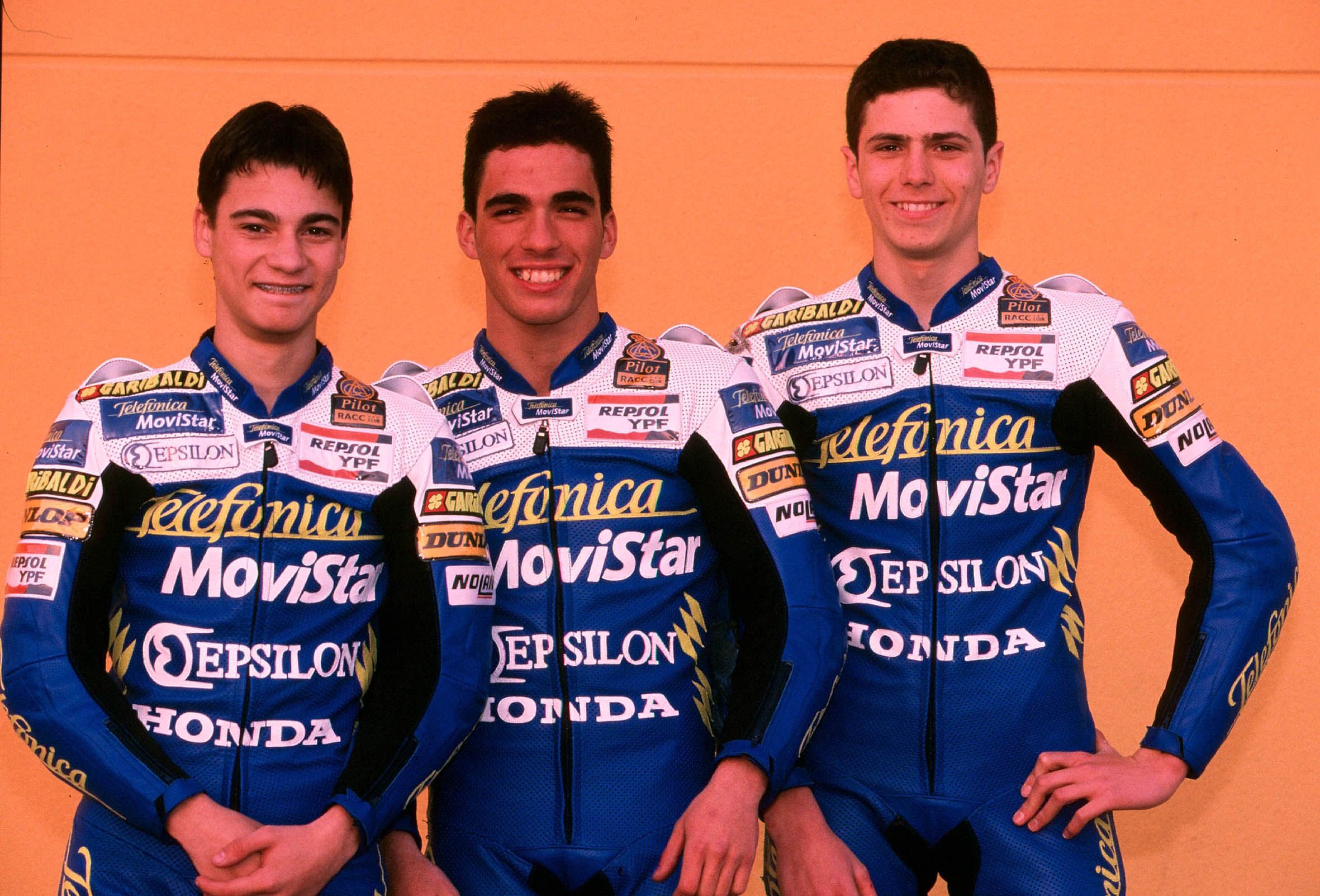
Do you have doubts about what happened?
Ask Aura